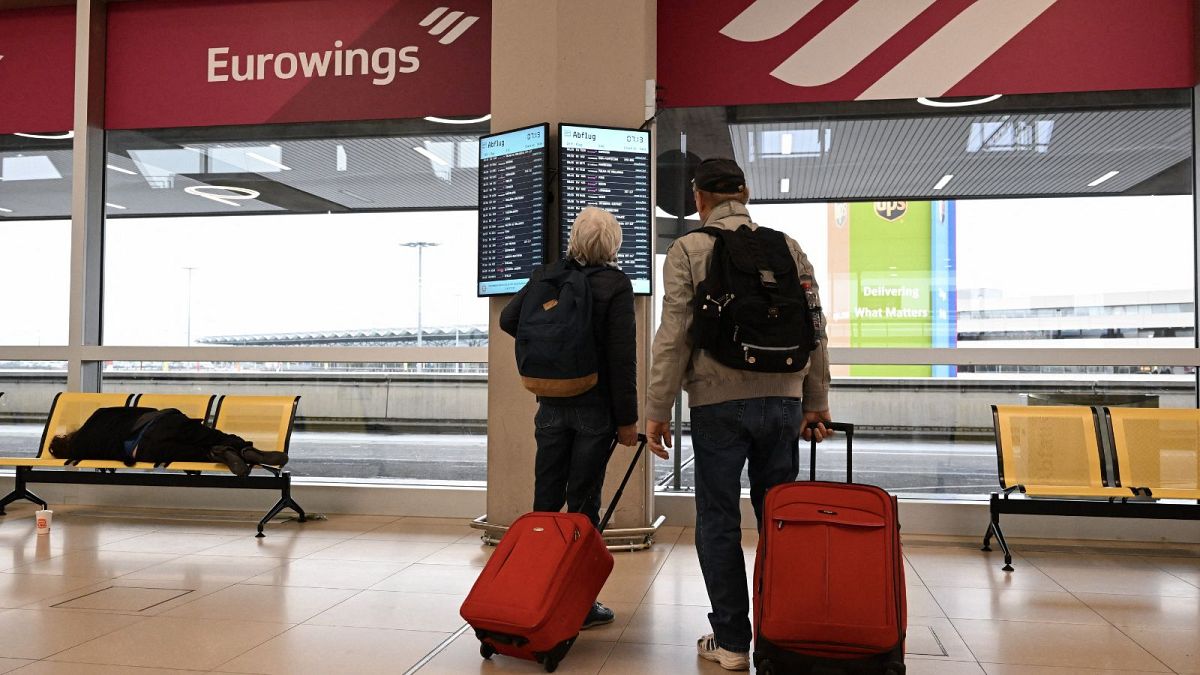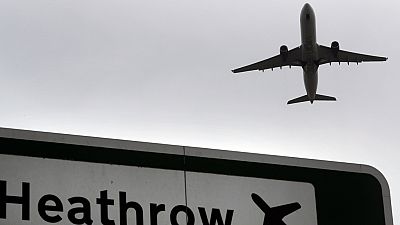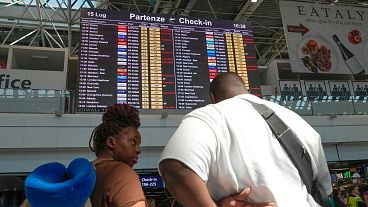German travel sales have bounced back after the pandemic but with fewer holidaymakers enjoying them.
A “considerable number” of people in Germany can no longer afford organised holidays abroad, according to German travel association DRV.
The number of travellers is still below pre-pandemic levels, DRV said this week, though the value of sales for this winter has exceeded 2018-2019 winter figures by 6 per cent, according to Travel Data + Analytics (TDA) calculations.
That suggests a growing rift between those who can and cannot afford to take foreign holidays, as Germany is forecast to be in a deeper recession than previously thought.
“This has the makings of a social issue if everyone isn't paying attention,” said DRV president Norbert Fiebig, during the association’s annual meeting on Thursday.
“Holidays must continue to be affordable for average earners.”
A mixed picture for German travel
The DRV president described a generally good mood in the travel industry as the 2022/23 tourism year draws to a close.
“For the first time since the COVID pandemic, we have managed a normal year again. And they do it under their own steam. Germans want to travel and they are travelling again - both privately and for business purposes,” he said.
Demand for holidays organised with tour operators in the upcoming winter is developing very promisingly, according to the association.
“Nevertheless,” Fiebig added, “there are a considerable number of people in this country who can no longer or do not want to afford an organised trip.”
Around 20 per cent fewer people have booked a holiday with a tour operator than in the winter before the pandemic, while holiday spending and prices have gone up by 27 per cent, DRV notes.
“Politicians must combat inflation and provide relief. It's about people having more money in their pockets for consumption,” Fiebig said, emphasising that vacations must remain affordable even for average earners.
Is climate change impacting German travel?
Fiebig also used his keynote speech to address the looming issue of climate change for the travel industry.
Though DRV did not see a discernible change in German travel patterns as a result of summer heatwaves, he predicted imminent changes in consumer behaviour.
“Weather extremes are increasing. Climate change is a reality. We have to be prepared for that, we have to keep an eye on it,” he said.
Fiebig added that travel agencies have a significant role to play in raising awareness and advising travellers on more climate-friendly, sustainable travel.
“It's not about pointing fingers, because that won't get us anywhere,” he added. “It's about information, arguments, tips and, ultimately, persuasion.”
A new online training course from DRV seeks to equip travel agencies with basic knowledge on the climate impact of travel and climate protection in tourism.



